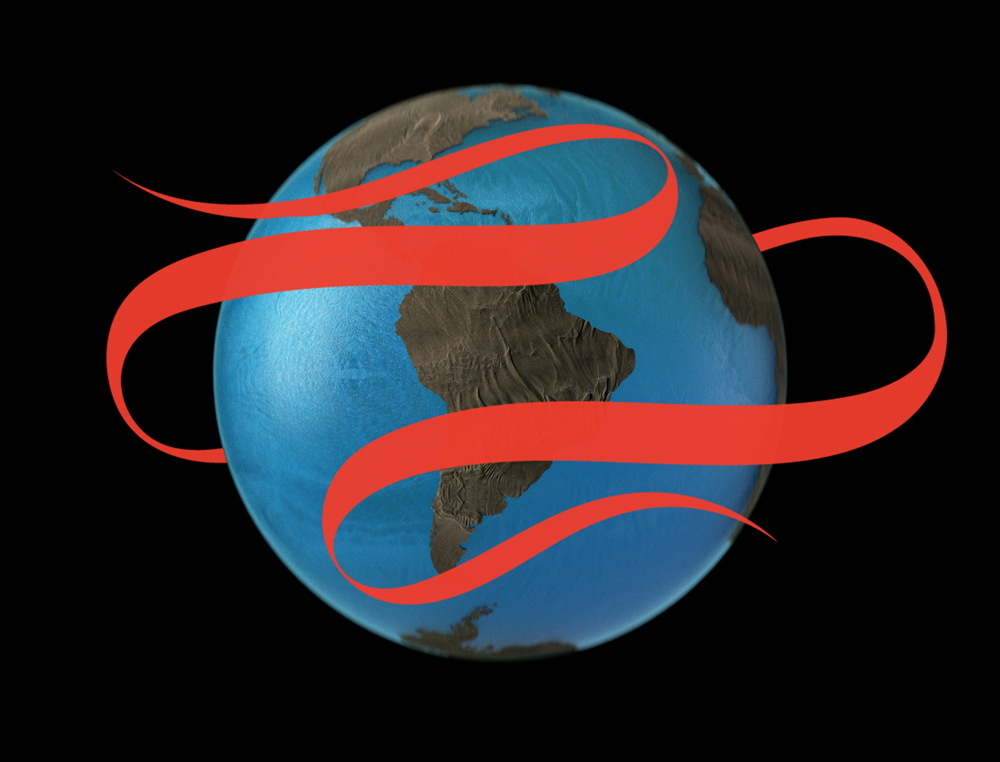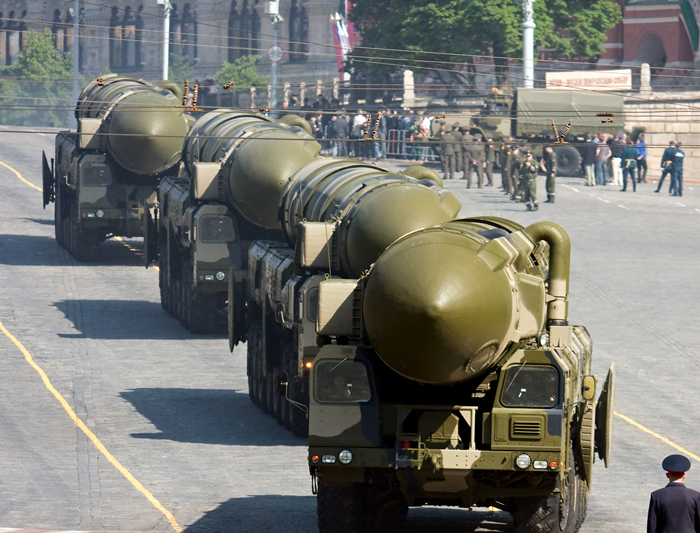Managing Global Catastrophic Risks in the 21st Century
by Richard Falk and Augusto Lopez-Claros
April 19, 2024

by Richard Falk and Augusto Lopez-Claros
April 19, 2024

The just-published edited collection Global Governance and International Cooperation: Managing Global Catastrophic Risks in the 21st Century emerged from a set of conversations between two like-minded organizations: the Global Governance Forum and the Global Challenges Foundation. Both share a strong interest in assessing the effectiveness of the global order that came into being in 1945 with the adoption of the UN Charter in the face of the various institutions and practices that make up today’s infrastructure for international cooperation. Both are concerned that the current framework, despite many achievements, is no longer fit for purpose, and lacks the instruments, resources and legitimacy needed to address the multiple catastrophic risks threatening our future.
The growing alarm over global accumulating crises and catastrophic risks is shared within the UN and other multilateral organizations. In a briefing to the General Assembly in early 2023, Secretary General António Guterres warned of challenges unlike any other in our lifetimes: “Wars grind on. The climate crisis burns on. Extremes of wealth and poverty rage on. The gulf between haves and have-nots divide societies and countries of the world. Epic geopolitical divisions undermine global solidarity and trust.”
Evidence for this sobering assessment comes from multiple quarters. The Sixth Assessment Report of the Intergovernmental Panel on Climate Change has provided scientific confirmation of the destructive power and increasing frequency of climate catastrophes globally. It is now confirmed that these crises do not recognize national borders and that climate change is a threat to human and planetary health everywhere. There is no longer any doubt that human activities have caused global warming and losses and damage to both nature and people. Climatic and non-climatic risks will increasingly interact, creating compound and cascading risks, further aggravated by economic vulnerability, political mismanagement, social instability stemming from poverty, poor governance, corruption, corporate plunder, greed, and conflict.
We are now witnessing the ominous unraveling of the nuclear order. Although, unlike climate change, disarmament and arms control have been central to the mission of the UN from the outset, global governance has failed to effectively address the threat of nuclear weapons over the past 80 years. The result has been the erosion of three key components of the global nuclear architecture: strategic stability, the taboo underpinning the use of such weapons, and nonproliferation. This erosion raises concerns about the increased risks associated with nuclear weapons at a time when we know a great deal more about the widespread, deeply destabilizing and inconceivably destructive human and environmental consequences of their possible use. Wasteful expenditures on modernizing nuclear weapons, coupled with the motivation of yet more countries to seek nuclear capabilities, has further complicated efforts toward disarmament. Urgent, concerted efforts are needed at the global level to restore and strengthen these components and prevent the escalation of nuclear risks.

The UN Charter attempted for the first time to draw a formal connection between “economic and social progress and development” and “peaceful and friendly relations among nations.” Following the decolonization process—quadrupling the number of states—significant progress was made in improving living conditions for vast segments of the world’s population. But high levels of poverty and its byproducts persist: hundreds of millions are malnourished, with millions more without access to essential infrastructures, such as clean water and electricity. Widening income disparities already undermine social and political stability in many parts of the world. Social systems are significantly strained, not least because of rapidly shrinking fiscal spaces because of the destabilizing effects of the COVID-19 pandemic. According to the World Bank, the world has seen the largest increase in global inequality since the end of World War II, posing increasing risks to the resilience of democratic institutions and the global economy.
As the 2008-09 global financial crisis revealed, weaknesses in the underlying architecture of our global financial system pose additional systemic risks, potentially disrupting the global economy and greatly undermining human prosperity. Our fully integrated and interdependent global financial system has contributed to wealth creation, without sharing its benefits equitably. Its regulation is internationally balkanized, reflecting the tensions between nation states with limited jurisdiction and the free mobility of global capital.
Prior works have presented proposed reforms that would greatly enhance the capacity of the United Nations to become a problem-solving organization, one more capable of effectively identifying, understanding, and addressing the global risks facing the world. These include:
Much of this work offers a starting point for the contributions in this volume.
RELATED
The dramatic developments of the last three years alone: a global pandemic, acceleration of the climate catastrophe, and resurgence of war in Europe and now the Middle East, both risking nuclear involvement, prompt further, urgent consideration.
The authors of this book, leading experts in their respective fields, worked on several parallel tracks:
The number, breadth, and depth of the different contributions in this volume illustrate the extraordinary complexity of current global governance, that would have staggered the 51 signatories in 1945 at the San Francisco conference. The authors make strong recommendations not only for critical improvements to peace making, peace enforcement and collective security arrangements and courses of action to improve the health of both people and planet.
Not surprisingly, the theme of power runs through the book from cover to cover, as the shift toward multipolarity in recent decades has accentuated the salience of great power geopolitics, affecting even the remotest and most technocratic corners of global governance. Perhaps more surprising is the persistent theme of justice and its close cousin equity, intrinsic not only to issues of international law and justice and their related institutions, but also to different areas of economics, development and prosperity, peace and security, human rights, weapons and disarmament, migration and refugees, and climate mitigation, and adaptation.
Building the institutions that will underpin the next iteration of our system of global governance in the coming decades could well be the most important project of this century. It will require imagination, persistence, empathy, and confidence that, as humanity increasingly comes to recognize and accept its fundamental unity, we will need to find a path to vastly enhanced mechanisms of binding international law and put the resources in place to make that happen. The continuing adherence to a status quo based largely on narrow national self-interest and geopolitical primacy looks increasingly like a path that leads to untold human suffering and catastrophe.
While not every country today may support multilateral reform efforts, some will privately confess to a consternation that verges on paralysis or opt for extremism and denial when facing accumulating catastrophic risks. A few governments, particularly in middle-income countries, are beginning to talk about the need for major changes to the system of multilateral cooperation and even the UN Charter—perhaps an initial, much-needed “coalition of the willing”. Some elements of a shared vision are a prerequisite, but political space needs to take into benevolent account the lessons of experience. A shared vision can only begin to emerge dialogically from spirited conversation. We think of this book as a contribution to that increasingly urgent conversation.
Written by Richard Falk and Augusto Lopez-Claros
2020 Global Governance Forum Inc. All Rights Reserved